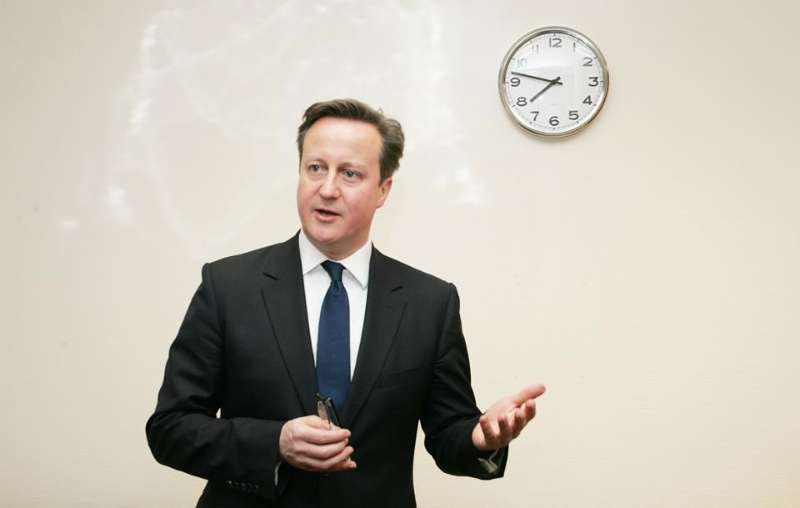Prime Minister David Cameron renewed his pledge to provide better opportunities for working people….reports Asian Lite News

“Whoever you are, wherever you live, whatever your background, whatever stage of life you are at, I believe this government can help you fulfil your aspirations. And let me be clear, when I say whoever you are, I mean it,” the prime minister said.
“Whether you voted for me or campaigned against me, whether you are middle income or low paid or not in work at all, whether you live in a leafy suburb or an
inner-city community, this Government wants to extend opportunity, and what in the election campaign I called a good life, for all. That for me is the One Nation ideal.
David Cameron announced a dramatic expansion of his ‘troubled families’ programme today as he claimed it had “turned around” the lives of nearly all those who took part.
In a wide-ranging speech on welfare reform, the Prime Minister revealed that nearly all of the 117,000 ‘troubled families’ targeted by the govt scheme had either adults in work or their children in regular schooling, or both. The project would be expanded to 400,000 more families now.
“When less than one in ten children in residential care get 5 good GCSEs and when more than 1.5 million children are still living in households where no-one works, I won’t sit back and think the job is done. Far from it. I want everyone in this country to have the opportunity to get on and make a good life for themselves. That is the task for the next five years.”
Mr Cameron said he would “always make sure that work pays”, while striving to reducing the tax burden on the low-paid, ensure the minimum wage reflects improvements in the economy and guarantee young people have the skills to compete in the workplace.
“When it comes to extending opportunity – there is a right track and a wrong track,” he said.
“The right track is to recognise the causes of stalled social mobility and a lack of economic opportunity. Family breakdown. Debt. Addiction. Poor schools. Lack of skills. Unemployment. People capable of work, written off to a lifetime on benefits.
“Recognise those causes, and the solutions follow. Strong families that give children the best start in life. A great education system that helps everyone get on. A welfare system that encourages work – well paid work.”
He added: “The wrong track though, is to ignore the causes, and simply treat the symptoms of the social and economic problems we face.
“Take for example the complacency in how we approach the crucial issue of low pay. There is what I would call a merry-go-round.
“People working on the minimum wage having that money taxed by the government and then the government giving them that money back – and more – in welfare.
“Again, it’s dealing with the symptoms of the problem – topping up low pay rather than extending the drivers of opportunity – helping to create well paid jobs in the first place.”